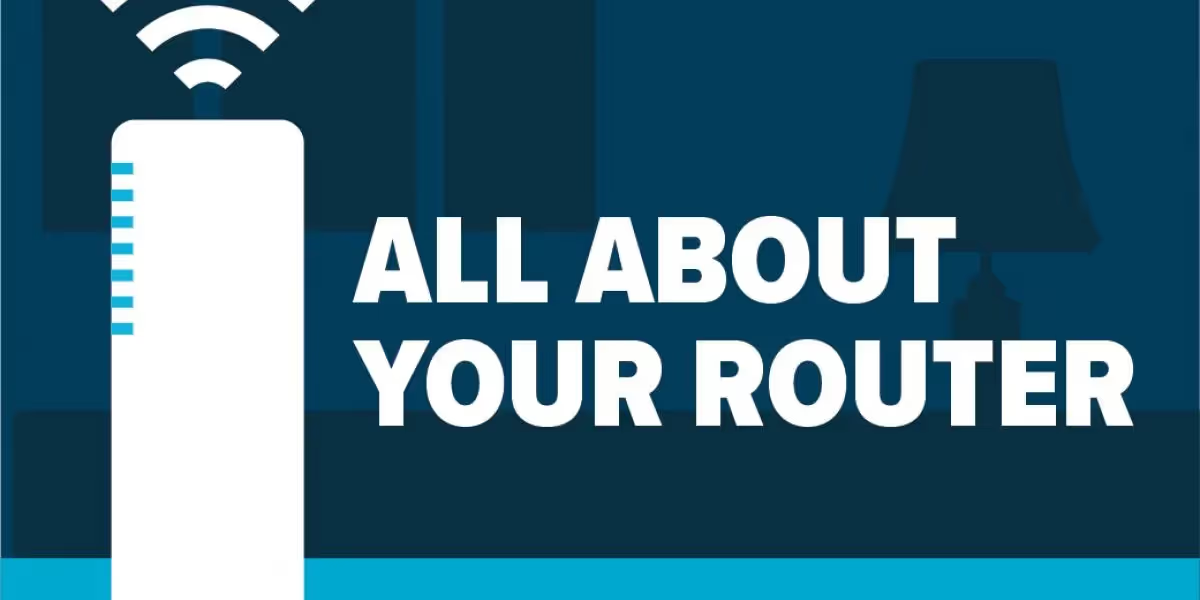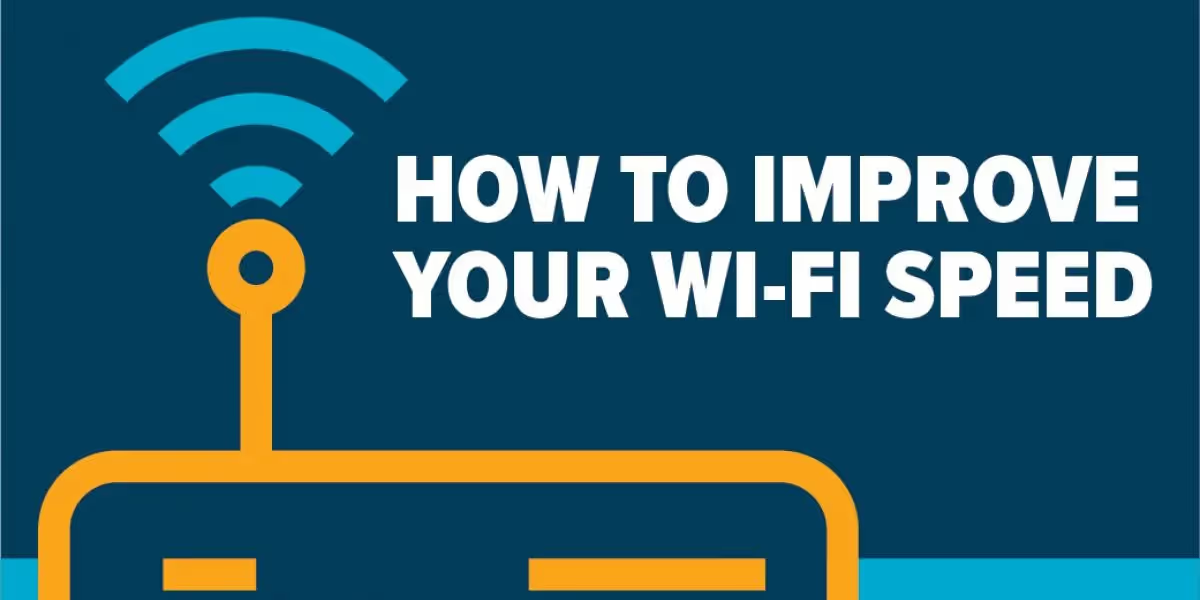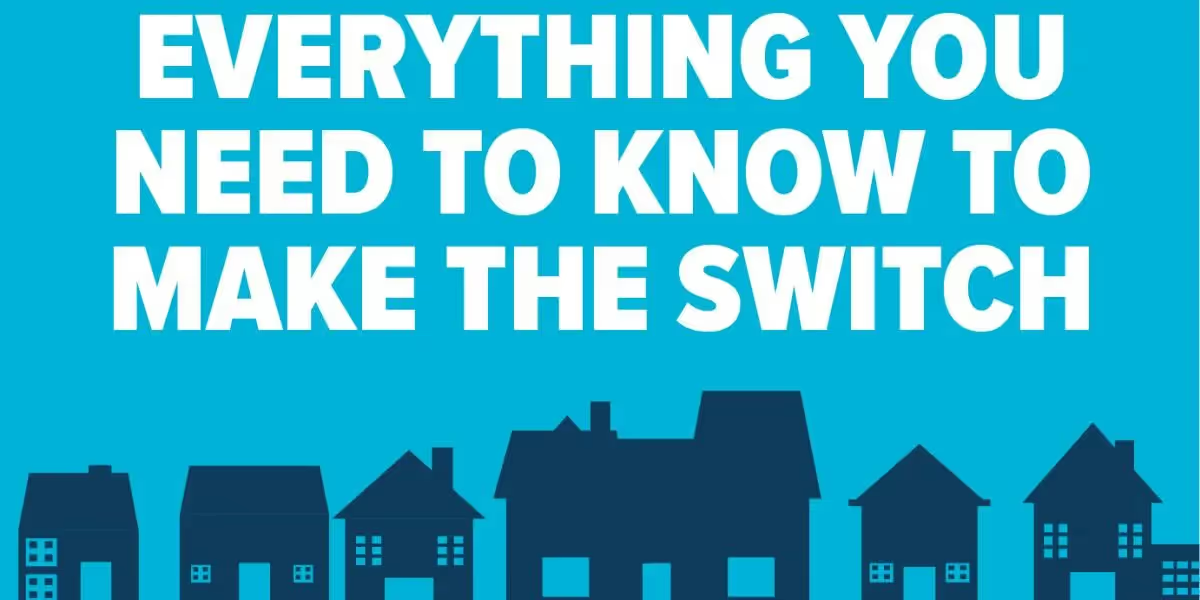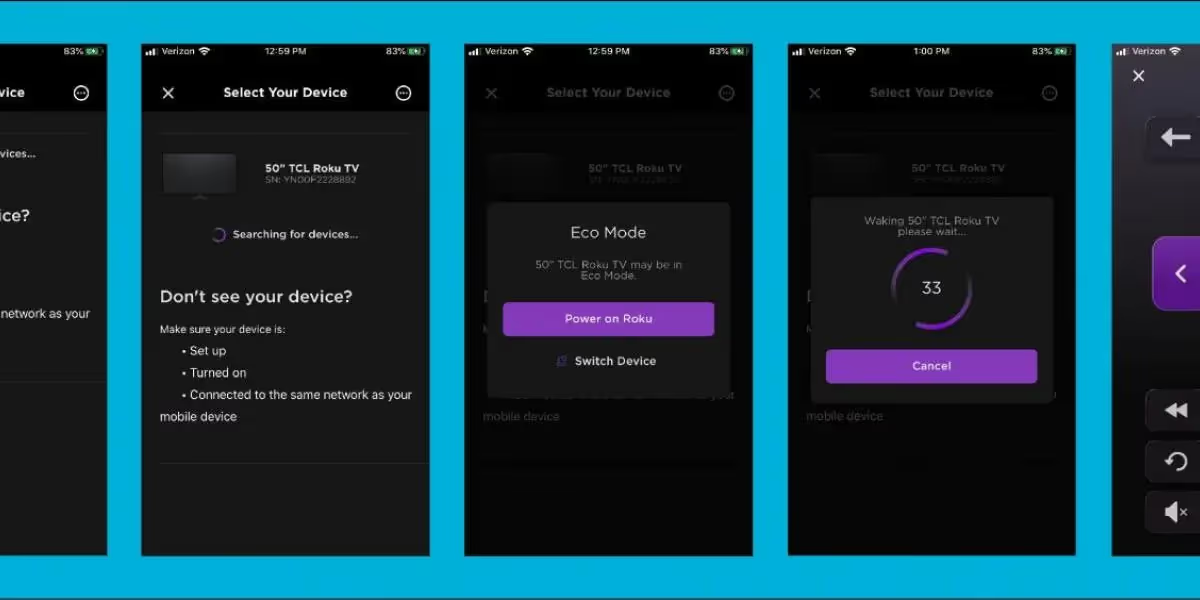Upload vs Download Speeds: What’s the Difference?

If you’re shopping for internet services or trying to understand your current service, you’ve likely come across terms like “download speed” and “upload speed.” What do these terms mean and why should they matter to you?
Understanding these speeds is important because they can impact your online experience, from streaming video and music to gaming and working from home. In this article we’ll demystify these terms and explore the differences between the two.
What is download speed?
Download speed refers to how quickly you can receive data from the internet onto your device. Download speed affects everything from loading web pages and images, to listening to music, downloading files, and streaming video. In general, a faster download speed will allow you to perform online tasks more quickly and efficiently. Here’s a few ways fast download speeds affect your internet experience:
Web Browsing: A fast download speed allows web pages and images to load quickly and smoothly, improving your overall browsing experience.
Streaming: Fast download speeds let you stream HD content from your favorite streaming platforms like Netflix, Disney+, YouTube, and others, without buffering.
File Downloads: Downloading a large file or the latest software update? Fast download speeds ensure that you won't have to wait long for the download to finish.
Online Gaming: Online multiplayer games have become increasingly complex and realistic, making fast download speeds essential for an uninterrupted and lag-free experience for players.
What is upload speed?
Simply put, upload speed is the opposite of download speed. It’s how fast you can send data from your device to the internet. This is important for a variety of activities, such as uploading large files or videos, sending emails with attachments, and participating in video conferences. A slow upload speed can result in delays or interruptions in these tasks. A fast upload speed is important for the following activities:
Sending Emails: Having a fast upload speed allows you to swiftly send emails with attachments, like documents or photos.
Video Conferencing: Video conferencing relies on fast upload speeds for high-quality audio and video and stable connections.
Remote Work: Fast upload speeds make sharing large files and working collaboratively online productive and efficient.
Backups: If you use cloud storage services to back up your data, a fast upload speed can help ensure that the process is quick and efficient.
Sharing Content: For content creators, fast upload speeds are essential for efficiently uploading multiple files, particularly when working on tight deadlines.
Live Streaming: Live streaming relies on a fast upload speed to make sure that video data is transmitted to the streaming platform in real-time without lagging.
Elevate delivers symmetrical speeds
The majority of ISPs (Internet Service Providers) provide fast download speeds but below-average upload speeds. This may have been acceptable in the past when consumers only used the internet to browse websites and watch videos, but consumers' needs have grown. With the rise of sharing platforms, remote workers, content creators, and more applications moving to the internet, upload speeds are more important than ever.
That’s why all Elevate internet plans deliver symmetrical speeds. Utilizing fiber technology, we’re able to deliver blazing fast download AND upload speeds, so data is transferred at the same rate in both directions. With symmetrical speeds, the connection is more stable and less prone to lag or other performance issues. Choosing an internet plan with symmetrical speeds can help ensure that you have the necessary speeds to make the most of new technologies.
Curious to know what your current speeds are? Run an internet speed test.
































.avif)
















